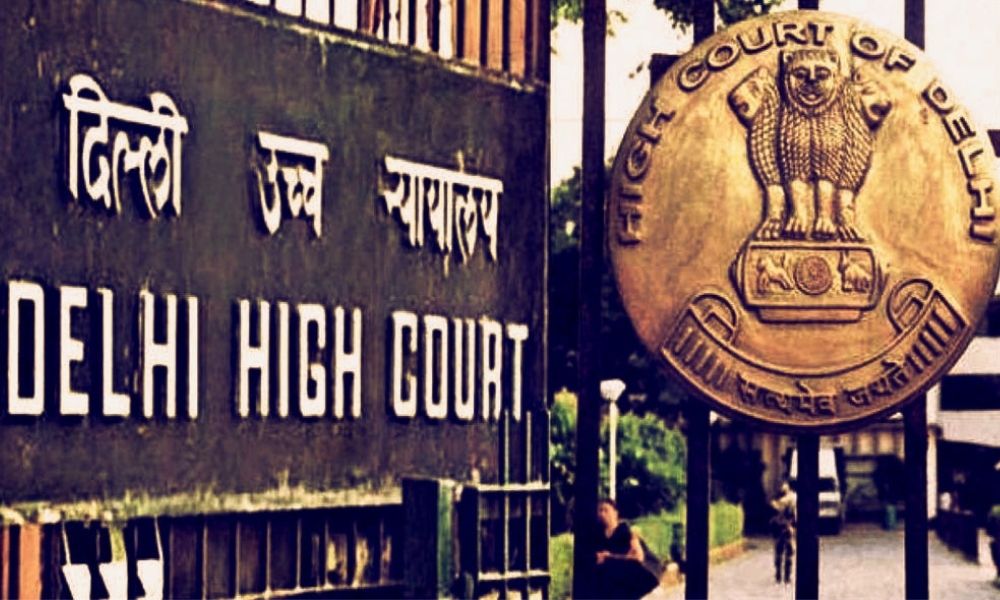
Image Credit: The Logical Indian
'Modern India Needs Uniform Civil Code, Can't Remain Mere Hope' : Delhi HC
Writer: Ratika Rana
Her primary objective is to inform, promote, educate and cultivate readers through writing.
Delhi, 10 July 2021 6:59 AM GMT | Updated 10 July 2021 7:14 AM GMT
Editor : Madhusree Goswami |
A mountain girl trying to make it big in the city. She loves to travel and explore and hence keen on doing on-ground stories. Giving the crux of the matter through her editing skills is her way to pay back the journalism its due credit.
Creatives : Ratika Rana
Her primary objective is to inform, promote, educate and cultivate readers through writing.
The court said that youth belonging to various communities, "ought not to be forced to struggle with issues", especially in relation to marriage and divorce.
The Delhi High Court on Friday, July 9, backed the need for a Uniform Civil Code and asked the Centre to take the necessary steps. The court said that youth from various communities, tribes, castes or religions, who seek to marry should not be forced to struggle with issues arising due to conflicts in various personal laws. The court also noted that Indian society is eventually becoming 'homogenous' and the "traditional barriers of religion, caste and community are slowly dissipating".
In a statement, Justice Prathiba M. Singh said that the courts are repeatedly challenged with conflicts that arise from personal laws. The court said that the uniform code would imply the applicability of uniform principles.
Justice Singh said, "The hope in Article 44 of the Constitution that the State shall secure for all its citizens Uniform Civil Code ought not to remain a mere hope. The Supreme Court had in 1985 directed that the judgment in Ms Jordan Diengdeh be placed before the Ministry of Law to take appropriate steps. However, more than three decades have passed since then and it is unclear as to what steps have been taken in this regard till date."
The court made the above observations in a petition questioning the significance of The Hindu Marriage, 1955, regarding the couples belonging to the Meena community. Even after both sides admitted that the marriage was solemnised according to Hindu rituals, the wife responded to her husband's divorce petition by saying that they belong to a notified Scheduled Tribe in Rajasthan, and hence, these rules do not apply to them. The trial bench agreed to the women's petition and dismissed the plea filed by her husband for divorce. However, Justice Singh said in the ruling that the marriage ceremony was conducted according to Hindu rituals and the exclusion is only meant to safeguard certain customary practices of recognised tribes.
The apex court has repeatedly stressed the need for a Uniform Civil Code, and such cases only highlight the need for uniform applicability of the code.
What Is A Unform Civil Code?
A Uniform Civil Code essentially provides for one law for the entire country and isapplicable to all religious communities in their personal matters such as marriage, divorce, inheritance, adoption etc. At present, different laws regulate these aspects for adherents of different religions, for example, Hindu Marriage Act, Hindu Succession Act, Indian Christian Marriages Act, Parsi Marriage and Divorce Act. However, Muslim personal laws are not codified and are based on their religious texts.
Also Read: Patnaik Criticizes NITI Aayog Ranking, Claims Odisha Has Made Good Progress
 All section
All section














